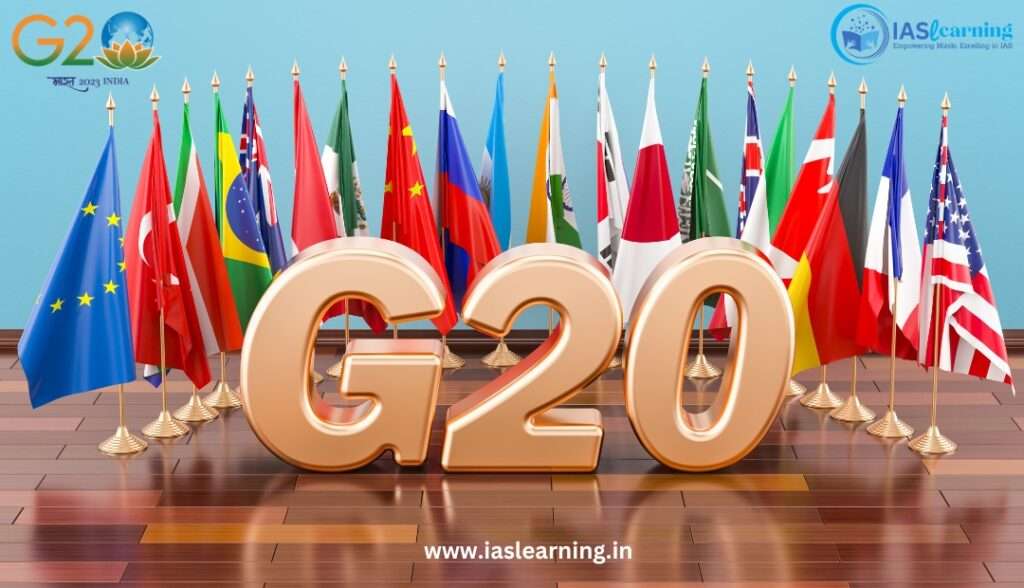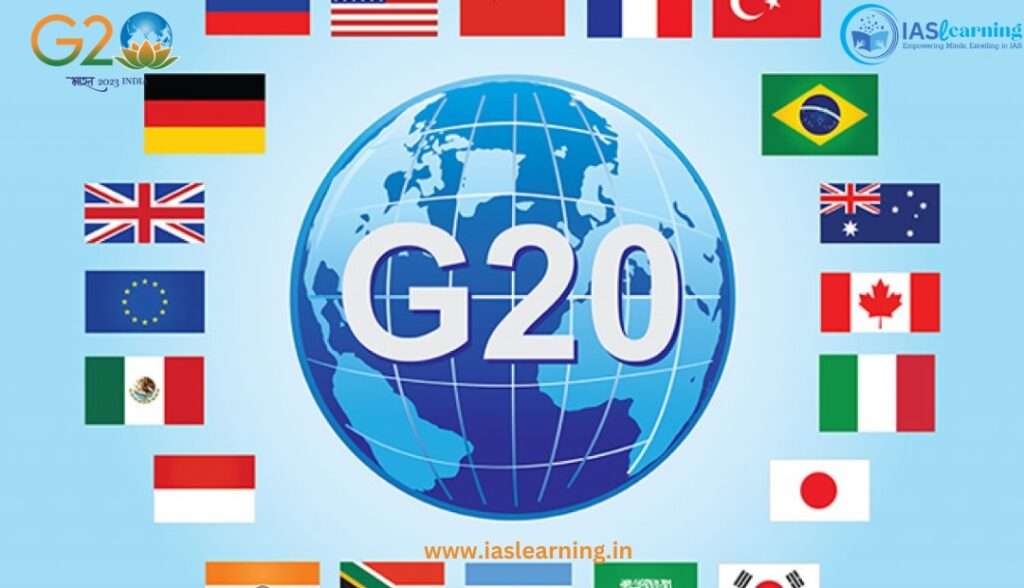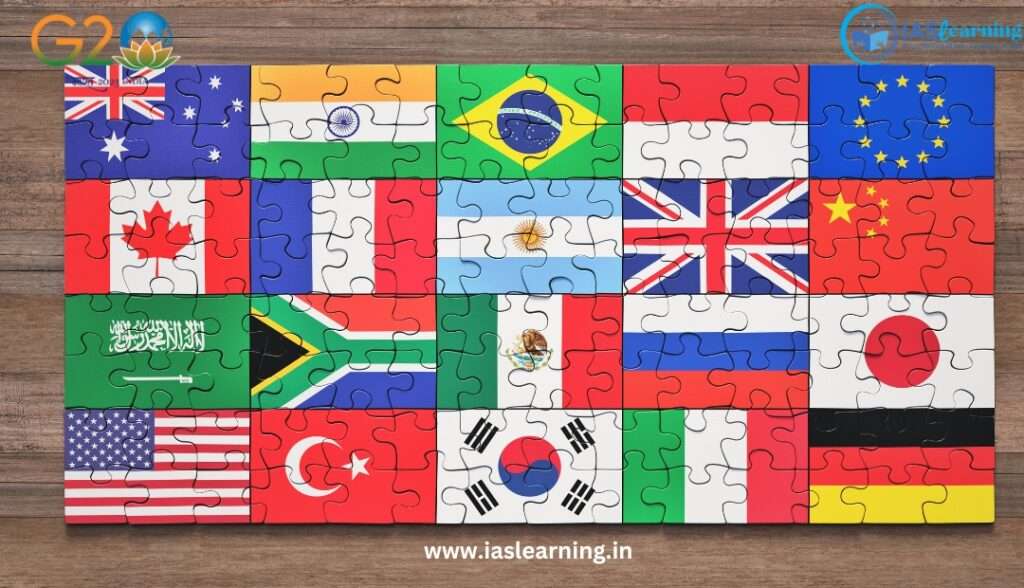G20 Kya hai:Introduction
The G20, or Group of Twenty, is an international forum consisting of 19 individual countries and the European Union, all of which are major players in the global economy. Established in 1999, the G20 has evolved into a crucial platform for discussing and addressing pressing global issues, particularly those related to economic stability and development. In this comprehensive article, we will delve into the history of most awaited article i.e G20 Kya hai?, significance, and key achievements of the G20, shedding light on its role in shaping the world’s economic.
The Genesis of G20
The origins of the G20 can be traced back to the Asian financial crisis of 1997-1998. At that time, it became evident that the existing international financial institutions, such as the International Monetary Fund (IMF) and the World Bank, were ill-equipped to handle the magnitude of the crisis. This led to discussions among major economies about the need for a more inclusive and representative platform for addressing global economic issues.
In response to this need, the G20 was formally established in 1999. It brought together finance ministers and central bank governors from 19 countries, along with representatives from the European Union, to deliberate on key economic matters. Over time, the G20’s scope expanded to include heads of state and government, making it one of the most influential international forums in the world.

Significance of the G20
1. Economic Powerhouse
One of the primary reasons for the G20’s significance is its economic clout. Collectively, the G20 member countries represent over 80% of the global GDP, making decisions made within this forum highly impactful on the world economy.
2. Crisis Management
The G20 has played a crucial role in crisis management. During the global financial crisis of 2008, G20 leaders met to coordinate a response to stabilize the world economy. Their concerted efforts helped avert a potential economic catastrophe.
3. Policy Coordination
The G20 provides a platform for member countries to coordinate economic policies. This coordination is vital to ensure that policies adopted by one country do not have detrimental spillover effects on others, fostering global economic stability.
4. Addressing Global Challenges
Beyond economic issues, the G20 has expanded its agenda to address global challenges such as climate change, terrorism, and public health crises. This reflects its recognition that economic stability is intertwined with these broader issues.

Key Achievements
1. Financial Regulatory Reforms
In the aftermath of the 2008 financial crisis, the G20 initiated a series of financial regulatory reforms. These reforms aimed to enhance the resilience of the global financial system and reduce the risk of future crises. They included measures to strengthen banking regulations, improve transparency in financial markets, and enhance risk management practices.
2. Sustainable Development Goals (SDGs)
The G20 has also been instrumental in advancing the United Nations’ Sustainable Development Goals (SDGs). Member countries have committed to aligning their policies and actions with these goals, promoting economic growth that is environmentally sustainable and socially inclusive.
3. Trade Facilitation
Facilitating international trade is another area where the G20 has made significant strides. By reducing trade barriers and enhancing trade infrastructure, member countries have worked to promote global trade and economic integration.

Challenges Ahead
While the G20 has achieved notable successes, it faces several challenges in the years to come. These challenges include:
1. Geopolitical Tensions
Geopolitical tensions among member countries can impede the G20’s ability to make consensus-based decisions. Bridging these divides will be crucial for the forum’s effectiveness.
2. Ensuring Inclusivity
The G20 must continue its efforts to ensure that its decision-making process is inclusive and takes into account the interests of all member countries, including developing nations.
3. Adapting to New Challenges
As the global landscape evolves, the G20 must remain adaptable and responsive to emerging challenges, such as the impact of technological advancements on the workforce and the increasing interconnectedness of global supply chains.

Conclusion
In conclusion, the G20 is not just a forum for economic discussions; it is a vital platform that influences global economic policies, fosters stability, and addresses pressing global challenges. Its journey from its inception to its current role as a leading global institution is a testament to the power of international cooperation in shaping the world’s economic future. As the G20 continues to evolve and adapt, its impact on the global stage is likely to remain substantial, making it a crucial entity in our interconnected world.
Read more about G20https://www.g20.org/en/
Do followhttps://iaslearning.in/

